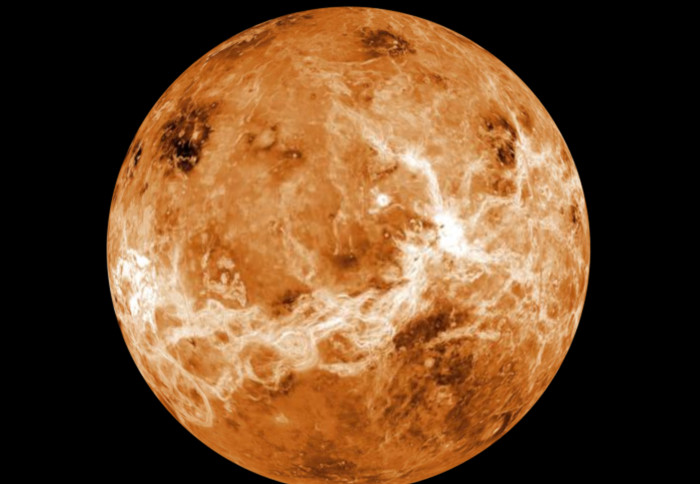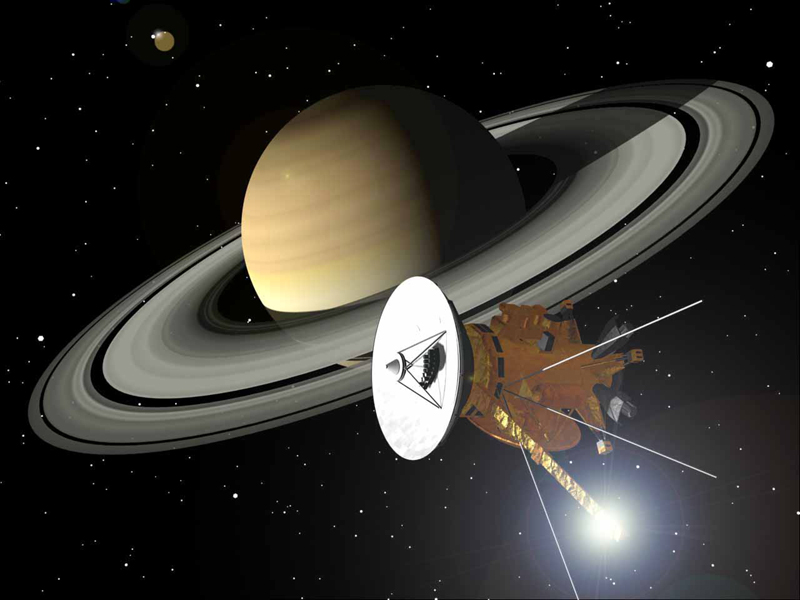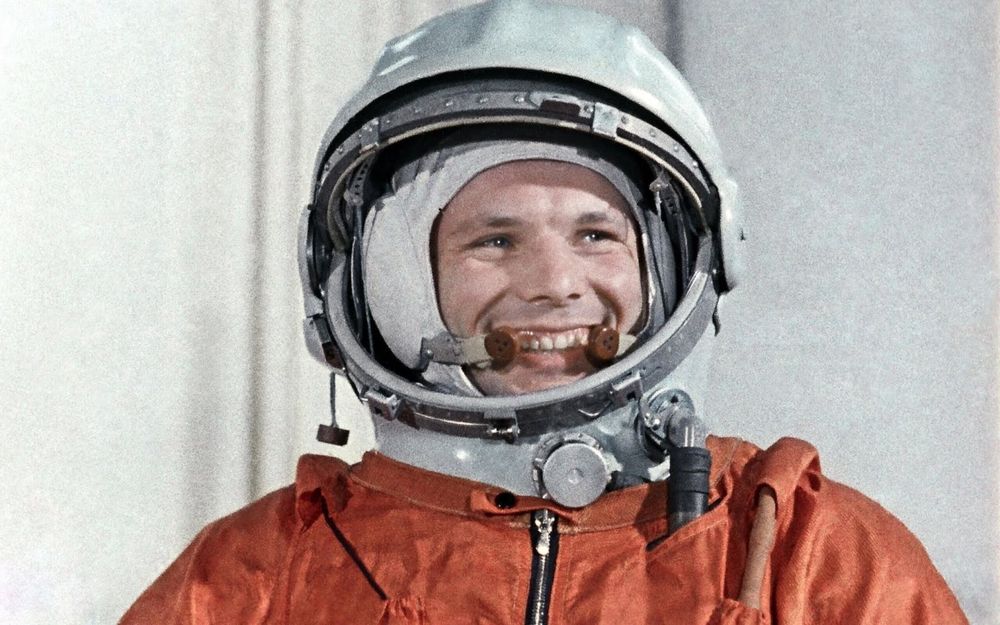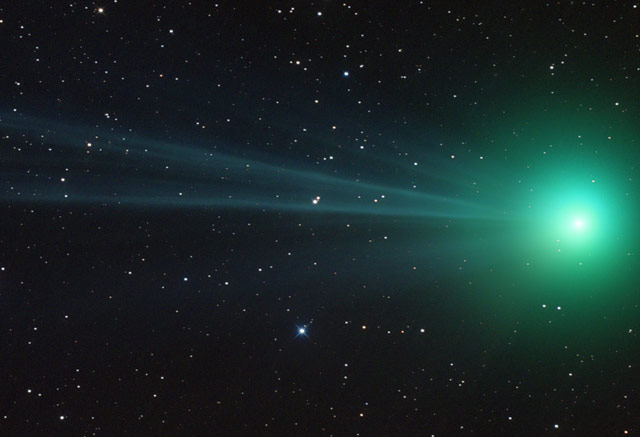Hi everybody
Here's the latest article from the Astronomy site at BellaOnline.com.
Gravitational Waves – What Are They?
In February 2016 news of gravitational waves went round the world. But what are these waves sometimes described as ripples in spacetime? To find out let's go back over a century to a time when Albert Einstein was completing the work that would change our view of the Universe.
http://www.bellaonline.com/articles/art302494.asp
*A final goodnight to Philae*
Last week ground control made the decision not to send any more commands to the lander Philae, which has been silent since July 2015. The comet is moving farther from the Sun, so not only is there less sunlight to charge the batteries, but Philae's solar panels are likely to have acquired a coating of dust by now. In addition, temperatures drop to -180 degrees Celsius, which is too cold for the lander to function. Although Philae's landing didn't go as it should have, the lander but still completed “about 80% of its initial planned scientific activities,” according to ESA. Rosetta will still listen for communications, even though it's stopped sending new signals. Some background to the mission: http://www.bellaonline.com/articles/art182574.asp
*Chelyabinsk meteorite*
February 15 was the third anniversary of the Chelyabinsk meteorite. Here is the fireball recorded by a dashcam from Kamensk-Uralsky north of Chelyabinsk where it was still dawn: http://www.universetoday.com/wp-content/uploads/2014/02/Chelyabinsk-fireball-dashcam-best-1024x599.jpg. Since light travels faster than sound, the fireball caught people's attention. Some people indoors rushed to the window to see what was happening. The meteor exploded and set off a series of sonic booms that broke windows. Fortunately, no one was killed, but a few thousand needed treatment, mostly injuries related to broken glass.
*Birthdays*
(1) Galileo Galilei was born on February 15, 1564. He was one of the first to turn the newly-invented telescope on the heavens, and is often considered the father of experimental physics. You can learn more about his life in Dava Sobel's “Galileo's Daughter”, which is reviewed here: http://www.bellaonline.com/articles/art181602.asp
(2) Nicolaus Copernicus was born on February 18, 1473. He was a distinguished citizen of his city and knowledgable in many fields. However he's best known today for his book arguing that the Sun, not the Earth, is at the center of the Solar System. Seventy years after his death the Church banned it for nearly two centuries. You can read about his life and the hunt for his burial place here http://www.bellaonline.com/articles/art40794.asp and about his astronomy here: http://www.bellaonline.com/articles/art5685.asp
*A very special Valentine*
It came with love from Voyager 1 on the way to the stars on Valentine's Day 1990. I know it doesn't look like much, but Voyager took a last look back at the planets of the Solar System, including its home planet. In these segments, we see Venus, Earth, Jupiter, Saturn, Uranus and Neptune. So the middle top image is Earth, christened "the pale blue dot" by Carl Sagan. http://www.universetoday.com/wp-content/uploads/2013/02/pia00453-580x467.jpg
More about Voyager's primary mission: http://www.bellaonline.com/articles/art182154.asp
Please visit http://astronomy.bellaonline.com/Site.asp for even more great content about Astronomy.
I hope to hear from you sometime soon, either in the forum http://forums.bellaonline.com/ubbthreads.php/forums/323/1/Astronomy or in response to this email message. I welcome your feedback!
Do pass this message along to family and friends who might also be interested. Remember it's free and without obligation.
I wish you clear skies.
Mona Evans, Astronomy Editor
http://astronomy.bellaonline.com
One of hundreds of sites at BellaOnline.com
.
astronomy Newsletter








